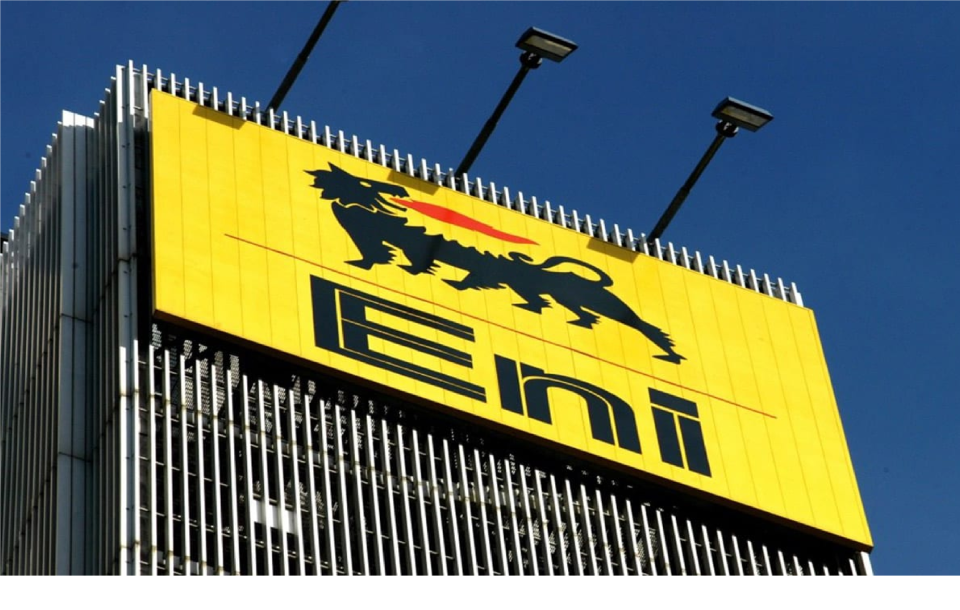By Ejekwu Chidiebere
- The significant milestone will not only enhance Ghana’s energy security but will also support the country’s greener future.
Eni Ghana, together with its OCTP partners – Vitol Upstream Ghana Ltd (Vitol) and the Ghana National Petroleum Corporation (GNPC) also announced that they have completed a major upgrade of its Non-Associated Gas (NAG) system, boosting processing capacity from 246 to 270 million standard cubic feet per day (MMSCFD).
Operational since August 2018 Eni told Energy Window International (Media) in a statement, the Offshore Cape Three Points (OCTP) project now plays role as a key contributor to Ghana’s domestic gas supply, “providing around 70% of the total”, mainly for electricity generation. “Starting at 210 MMSCFD, OCTP has steadily increased output through phased optimization and achieving its current milestone of 270 MMSCFD on July 13”, Eni said.
It added that its recent advancement has not only increased gas supply, it has also and significantly reduced Ghana’s reliance on oil-fueled power generation to a cleaner energy source, delivering both economic and environmental benefits and reinforcing the country’s commitment to a cleaner, more sustainable energy future.
Natural gas from OCTP currently powers around 34% of Ghana’s electricity, providing homes, industries and businesses with a stable and cleaner energy source, Eni stated. It maintained that the progress which has already been recorded around the project was equally to recognize the value strong partnerships, sustained investment in building a resilient, diverse energy sector for sustainable national development should be given.
Present in Ghana since 2009 with offshore hydrocarbon exploration and production activities, the company said it has grown an equity production of about 34,000 barrels of oil equivalent per day, operating the OCTP project with a 44.4% share in partnership with Vitol (35.6%) and Ghana National Petroleum Corporation (20%). It added its joint venture portfolios to include initiatives in the areas of training, economic diversification, access to water and sanitation and access to energy.

